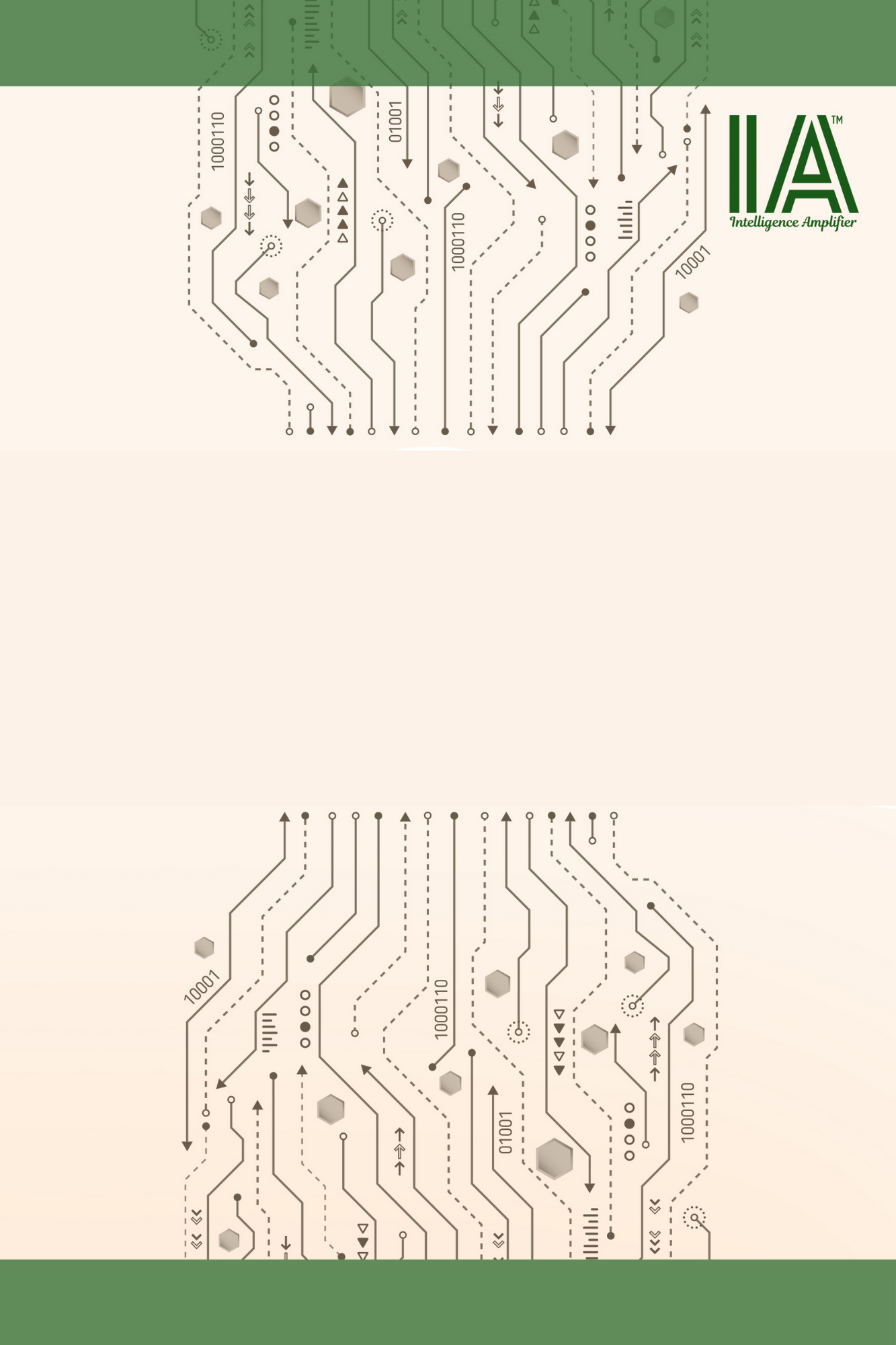Beyond philosophical musings, Intelligence Amplifier provides practical guidance on communicating with AI systems and interpreting their responses. The platform demonstrates how AI systems articulate their reasoning, allowing visitors to form conclusions about machine cognition.
Users develop deeper appreciation for AI capabilities, finding it increasingly difficult to distinguish between artificial and human-generated insights. The site emphasizes AI's rapid development while highlighting the critical need for augmenting human intelligence.
– Arvin Lioanag
© 2025 Arvin Lioanag. All rights reserved.
